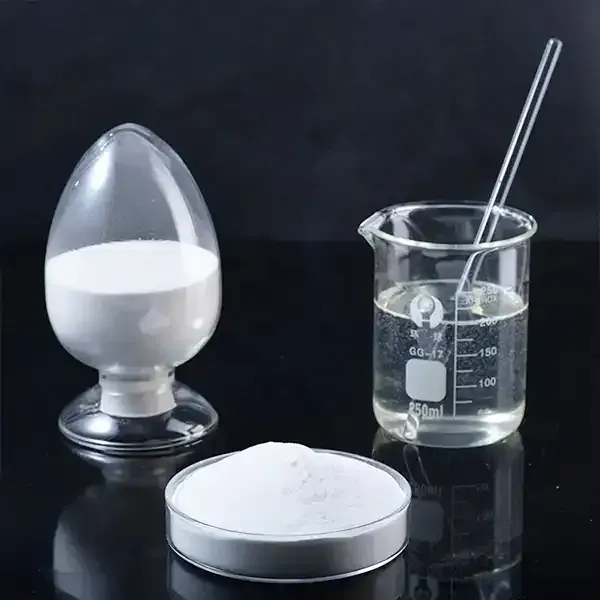The Role of Chemical Additives in Modern Industry
Chemical additives play a critical role in a wide range of industries, enhancing product performance, stability, and safety. These substances, when incorporated into materials or products, can alter or improve their properties without significantly changing their primary functions. From food preservation to enhancing the durability of paints and coatings, the applications of chemical additives are vast and varied.
Types of Chemical Additives
Chemical additives can be categorized into several types based on their functions
1. Preservatives In the food industry, preservatives are crucial for extending shelf life and preventing spoilage. They inhibit the growth of bacteria, molds, and yeasts, thus ensuring that food products remain safe for consumption. Common examples include sodium benzoate and potassium sorbate.
2. Stabilizers In the manufacture of plastics and polymers, stabilizers are used to enhance thermal and oxidative stability. These additives help prevent the degradation of materials when exposed to heat and light, thus prolonging the life of consumer products. Examples include lead salts and various organic stabilizers.
3. Emulsifiers These are vital in the food industry, especially in products like mayonnaise and salad dressings, where they help mix ingredients that typically do not mix well, such as oil and water. Emulsifiers ensure a consistent texture, preventing separation.
4. Colorants and Dyes Additives that enhance the visual appeal of products, colorants are widely used in beverages, food, cosmetics, and textiles. They can range from natural sources like beet juice to synthetic dyes.
5. Thickeners These additives are essential in industries such as food and cosmetics, providing desired viscosity and texture. Xanthan gum and guar gum are popular thickeners that help achieve the right consistency in various products.
6. Flame Retardants These are crucial in the manufacturing of textiles, plastics, and electronics. Flame retardants decrease the flammability of materials, providing additional safety in case of fire hazards.
Benefits of Chemical Additives
chemical additive

The incorporation of chemical additives offers numerous benefits, including
- Improved Shelf Life In the food and pharmaceutical industries, additives like preservatives and antioxidants can significantly increase the shelf life of products, reducing waste and allowing for extended distribution.
- Enhanced Performance In construction and manufacturing, additives can improve the performance characteristics of materials, making them more durable, flexible, or resistant to various environmental factors.
- Cost-Effectiveness By improving the performance and longevity of products, chemical additives can lead to cost savings in production and maintenance over time.
- Safety Enhancements Additives such as flame retardants help to mitigate potential hazards, making products safer for consumers.
Concerns and Regulations
Despite their benefits, the use of chemical additives has raised health and environmental concerns. Some additives have been linked to adverse health effects, leading to increased scrutiny from regulatory bodies. For example, certain artificial colorants have faced bans in different countries due to potential health risks.
Regulatory agencies, such as the U.S. Food and Drug Administration (FDA) and the European Food Safety Authority (EFSA), closely regulate the use of chemical additives in food and consumer products. These organizations evaluate the safety and efficacy of additives before they can be approved for widespread use. Manufacturers are required to adhere to strict guidelines to ensure that products containing chemical additives are safe for consumers.
Conclusion
In conclusion, chemical additives are integral to modern manufacturing and food processing, offering a myriad of benefits that enhance product quality and safety. While the advantages are significant, it is equally important to remain vigilant about the potential health and environmental impacts of these substances. Ongoing research, regulation, and consumer awareness are vital to ensuring that chemical additives continue to play a positive role in industry without compromising health and safety. As technology advances, the future may see the development of even safer, more effective additives that can further revolutionize various sectors while minimizing risks.




